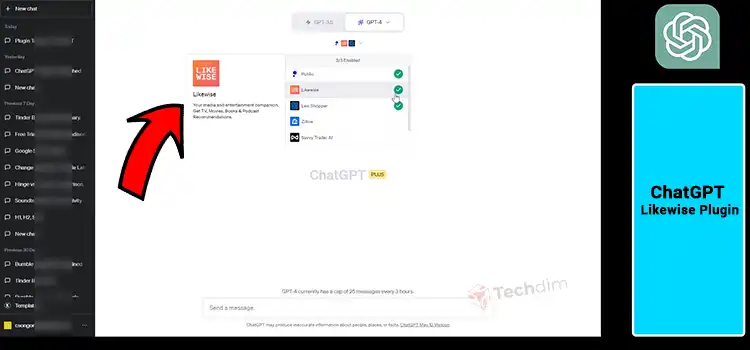Does ChatGPT Have Malware? What I Found
ChatGPT, the Artificial Intelligence (AI) sensation on everyone’s lips, has taken the world by storm with its ability to hold human-like conversations and generate creative text formats. But whispers of a darker side have begun to surface. As with most groundbreaking technologies, it’s not exempt from scrutiny and concerns. One question that pops up now and then is: Does ChatGPT harbor malware?
The short answer is: No, ChatGPT, developed by OpenAI, is not laced with malware. OpenAI is a renowned institution with a reputation for research integrity and the development of safe AI tools.
Let’s research more about why such concerns might arise and what you should know.

What Does ChatGPT Mean By?
At its core, ChatGPT is a product of extensive machine learning, trained on vast datasets:
- Functionality: It’s designed to engage in human-like textual conversations, answering queries, and aiding in various tasks.
- Safety Protocols: OpenAI has implemented numerous safety layers and measures to ensure that interactions with ChatGPT remain secure and informative.
Why Does Malware Concerns Arise?
In the broader digital landscape, concerns about malware are not unfounded. Here’s why suspicions might arise:
1. AI’s Vast Potential
The capabilities of AI, including tools like ChatGPT, can sometimes seem almost “magical” to the layperson, leading to a blend of awe and skepticism.
2. Misinformation
Rumors or false information can spread rapidly in today’s connected world, leading to unwarranted concerns about reputable tools.
3. General Caution
Given the increasing threats in the digital space, many users are rightfully cautious about any software or platform, leading to questions about even well-established tools.
Ensuring Safe Interaction with ChatGPT
For peace of mind, here’s what you should know:
1. Authentic Sources
Always use ChatGPT or any AI tool from authentic sources or official platforms. This ensures you’re interacting with the genuine, safe version.
2. Stay Updated
Keep abreast of official communications from OpenAI regarding ChatGPT. They’re transparent about updates, improvements, and any potential issues.
3. Use Standard Digital Safety Measures
As with any online interaction, ensure you have reputable antivirus software, keep your systems updated, and be cautious about sharing sensitive information.
In Conclusion
While it’s natural to have reservations about new technologies, it’s essential to differentiate between genuine concerns and unfounded rumors. ChatGPT, as developed by OpenAI, is a result of rigorous research and testing, with no evidence suggesting the presence of malware. Embracing the wonders of AI while staying informed and cautious is the best way forward in this digital age.
FAQs: ChatGPT and Malware Concerns
Q. Is ChatGPT safe to use?
Ans: Yes, ChatGPT, as provided by OpenAI, is safe to use.
Q. Can ChatGPT be used on any device?
Ans: Yes, as long as you have internet access, ChatGPT can be used across various devices.
Q. How does OpenAI ensure the safety of ChatGPT?
Ans: OpenAI implements rigorous safety protocols and regular updates to ensure the tool’s security and reliability.
Q. Can ChatGPT access my data?
Ans: No, ChatGPT doesn’t store the personal data of users. Its primary function is to generate responses based on its training data.
Q. Why is there a concern about ChatGPT and malware in the first place?
Ans: Misinformation and the general skepticism surrounding new tech can lead to unwarranted concerns.
Q. Can ChatGPT be used for malicious activities?
Ans: Like any tool, if misused, it can be harmful. However, ChatGPT in its inherent design is meant for positive and informative user interactions.
Subscribe to our newsletter
& plug into
the world of technology





